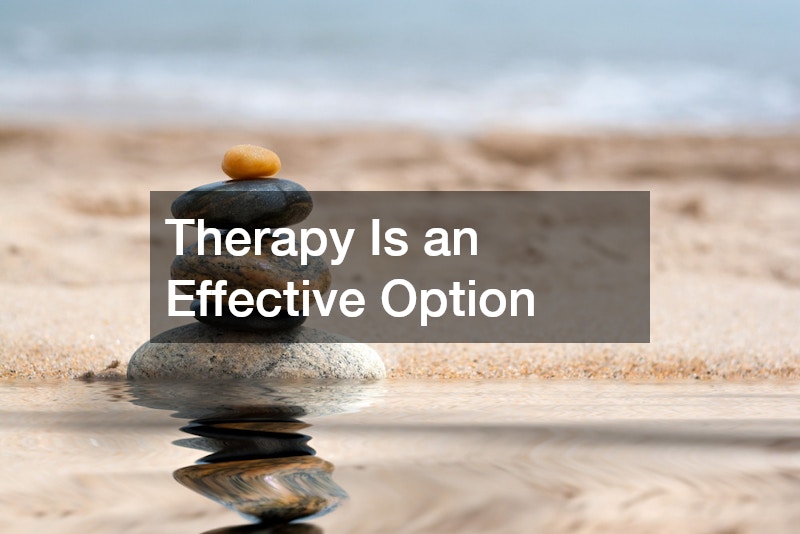

Eating disorders are complex and serious mental health conditions that can affect anyone, regardless of age, gender, or background. While many individuals may experience occasional disordered eating behaviors, a true eating disorder goes beyond simply trying to lose weight or maintain a certain body image. It can have severe physical, emotional, and psychological consequences. If you or someone you love is struggling with an eating disorder, it is crucial to understand the signs and symptoms and to seek appropriate treatment. In this article, we’ll explore the signs that may indicate you need eating disorder treatment and discuss why early intervention is important.
What Are Eating Disorders?
Eating disorders encompass a range of conditions related to extreme and unhealthy eating behaviors. Some of the most common eating disorders include:
Anorexia Nervosa – Characterized by extreme restriction of food intake, an intense fear of gaining weight, and a distorted body image.
Bulimia Nervosa – Involves cycles of binge eating followed by purging behaviors, such as vomiting, excessive exercise, or laxative use.
Binge Eating Disorder – A pattern of regular episodes of eating large quantities of food without control, often accompanied by feelings of distress or shame.
Avoidant/Restrictive Food Intake Disorder (ARFID) – An eating disorder characterized by extreme picky eating or a refusal to eat certain types of food.
Each of these disorders has different manifestations, but all involve unhealthy relationships with food and body image. Recognizing the early signs of these disorders can help you determine whether treatment is necessary.
Warning Signs of Eating Disorders
Eating disorders often develop gradually, and many people may not recognize their behaviors as problematic until they reach a crisis point. Here are some of the key warning signs that may indicate you or a loved one needs eating disorder treatment:
Preoccupation with Weight, Food, or Body Shape: Constant thoughts about weight, dieting, or body image can signal an unhealthy obsession. If your thoughts revolve around food, calories, or appearance to the point of interfering with daily life, it may be time to seek help.
Extreme Restriction or Avoidance of Food: Refusing to eat or severely limiting food intake can lead to dangerous physical consequences like malnutrition. If you are excessively avoiding certain foods or food groups, it may be a sign of an eating disorder.
Frequent Binge Eating: Recurrent episodes of binge eating—consuming large amounts of food in a short period of time, often accompanied by a loss of control—can be a sign of bulimia or binge eating disorder. These episodes may be followed by guilt, shame, or a desire to purge, which can further exacerbate the cycle.
Physical Symptoms: Significant weight loss or gain, fluctuations in energy levels, gastrointestinal issues, dizziness, or menstrual irregularities can all indicate an eating disorder is affecting your physical health. For example, anorexia can lead to malnutrition, while bulimia may cause electrolyte imbalances from purging behaviors.
Mood Swings and Depression: Eating disorders are often closely linked to mental health issues such as depression, anxiety, or obsessive-compulsive behaviors. If you notice significant mood swings, irritability, anxiety about eating or body image, or feelings of hopelessness, it may indicate the presence of an eating disorder.
Hiding Eating Habits: Many individuals with eating disorders try to hide their behaviors. They may eat alone or excessively disguise the quantity of food they consume. If someone you care about is secretive about their eating habits, it may be a sign that they are struggling.
Excessive Exercise: Over-exercising in an attempt to control weight or offset food intake can be a sign of an eating disorder, especially when exercise is used as a compensatory behavior after binge eating. This obsession with exercise can lead to injury and further health complications.
Why Is Early Treatment Important?
Eating disorders are serious medical conditions that require comprehensive treatment. Without intervention, they can lead to long-term physical and psychological harm, including malnutrition, organ damage, infertility, and even death in extreme cases. However, with early and appropriate treatment, individuals with eating disorders can recover and regain a healthy relationship with food and their bodies.
Physical Health: Prolonged disordered eating behaviors can lead to severe health complications. Anorexia, for example, can result in bone density loss, cardiovascular problems, and electrolyte imbalances. Early intervention can prevent further physical deterioration and improve the chances of a full recovery.
Psychological Well-being: Eating disorders often go hand-in-hand with other mental health issues such as anxiety, depression, and trauma. Treatment can address not only the eating disorder but also the underlying psychological issues that contribute to it. Therapy, support groups, and other mental health interventions can help individuals rebuild their self-esteem and self-worth.
Breaking the Cycle: The cycle of disordered eating can be difficult to break without professional help. Therapy and treatment programs can help individuals understand the psychological triggers of their behavior, teaching healthier coping mechanisms and tools to manage stress and emotions.
Support Systems: Seeking treatment for an eating disorder often involves engaging with a support system that can include family, friends, and healthcare professionals. Having a strong network of support is crucial to recovery and can provide the encouragement and guidance needed to make lasting changes.
